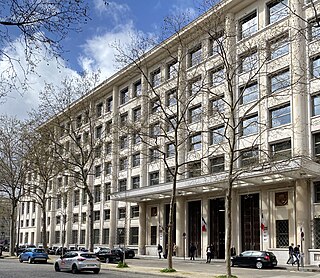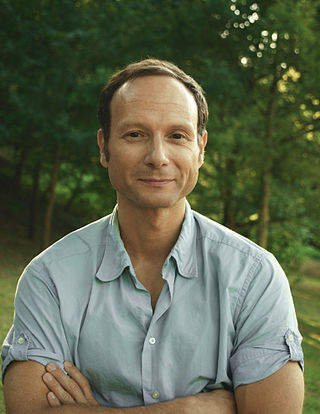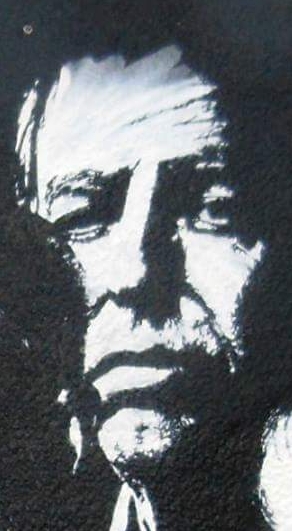
Maurice Félix Charles Allais was a French physicist and economist, the 1988 winner of the Nobel Memorial Prize in Economic Sciences "for his pioneering contributions to the theory of markets and efficient utilization of resources", along with John Hicks and Paul Samuelson, to neoclassical synthesis. They formalize the self-regulation of markets, which Keynes refuted but reiterated some of Allais's ideas.

Pascal Salin is a French economist, professor emeritus at the Université Paris-Dauphine and a specialist in public finance and monetary economics. He is a former president of the Mont Pelerin Society.

François Joseph Charles Simiand was a French sociologist and economist best known as a participant in the Année Sociologique. As a member of the French Historical School of economics, Simiand predicated a rigorous factual and statistical basis for theoretical models and policies. His contribution to French social science was recognized in 1931 when, at the age of 58, he was elected to the faculty of the Collège de France and accepted the chair in labor history.
Extensive stage, or by its full name, the predominantly extensive stage of accumulation, pertains to one of the periodizations of capitalism, as proposed by Aglietta (1976). It is the first stage of capitalism. It is also known as the early stage.
A periodization of capitalism seeks to distinguish stages of development that help understanding of features of capitalism through time. The best-known periodizations that have been proposed distinguish these stages as:
- Early / monopoly / state monopoly capitalism (Sweezy)
- Free trade / monopoly / finance capitalism (Hilferding)
- Early capitalism / colonialism / imperialism
- Extensive stage / intensive stage / late capitalism (Aglietta)
Intensive stage, or by its full name, predominantly intensive stage of accumulation pertains to one of the periodizations of capitalism, as proposed by Aglietta (1976). It is the second stage of capitalism: when the extensive stage becomes exhausted, expansion of (commodity) production is reduced to the increase in productivity of labour, or to the intensification of production.

René Noël Théophile Girard was a French historian, literary critic, and philosopher of social science whose work belongs to the tradition of philosophical anthropology. Girard was the author of nearly thirty books, with his writings spanning many academic domains. Although the reception of his work is different in each of these areas, there is a growing body of secondary literature on his work and his influence on disciplines such as literary criticism, critical theory, anthropology, theology, mythology, sociology, economics, cultural studies, and philosophy.

Gérard Horst, more commonly known by his pen names André Gorz and Michel Bosquet, was an Austrian and French social philosopher and journalist and critic of work. He co-founded Le Nouvel Observateur weekly in 1964. A supporter of Jean-Paul Sartre's existentialist version of Marxism after the Second World War, he became in the aftermath of the May '68 student riots more concerned with political ecology.

Jean Tirole is a French economist who is currently a professor of economics at Toulouse 1 Capitole University. He focuses on industrial organization, game theory, banking and finance, and psychology. In particular, he focuses on the regulation of economic activity in a way that does not hinder innovation while maintaining fair rules.

The regulation school is a group of writers in political economy and economics whose origins can be traced to France in the early 1970s, where economic instability and stagflation were rampant in the French economy. The term régulation was coined by Frenchman Destanne de Bernis, who aimed to use the approach as a systems theory to bring Marxian economic analysis up to date. These writers are influenced by structural Marxism, the Annales School, institutionalism, Karl Polanyi's substantivist approach, and theory of Charles Bettelheim, among others, and sought to present the emergence of new economic forms in terms of tensions within existing arrangements. Since they are interested in how historically specific systems of capital accumulation are "regularized" or stabilized, their approach is called the "regulation approach" or "regulation theory". Although this approach originated in Michel Aglietta's monograph A Theory of Capitalist Regulation: The US Experience and was popularized by other Parisians such as Robert Boyer, its membership goes well beyond the so-called Parisian School, extending to the Grenoble School, the German School, the Amsterdam School, British radical geographers, the US Social Structure of Accumulation School, and the neo-Gramscian school, among others.

Christian de Boissieu is a French professor of economics at Pantheon-Sorbonne University, Paris.
Bernard Schmitt was a French economist, founder of the school of economic thought known as 'quantum macroeconomics'.

The Centre d'Études Prospectives et d'Informations Internationales, generally referred to by its acronym CEPII, is a French institute for research in international economics. It is government-funded and part of the Office of the Prime Minister, within a network coordinated by France Stratégie.

Frédéric Lordon is a French economist and philosopher, CNRS Director of Research at the Centre européen de sociologie et de science politique in Paris. He is an influential figure in France's Nuit debout movement and has regularly contributed to French broadcast and print media on French and European politics, and also writes a regular opinion column for Le Monde diplomatique. He has argued in favour of Communism as an alternative to Capitalism in books, articles and media appearances, and has been engaged in a project of re-grounding the social sciences in a Spinoza-inspired materialism. He is considered one of the most prominent intellectual voices of the radical left in France today.
Pierre Lemieux is a Canadian economist whose writings straddle economic and political theory, public choice, public finance, and public policy. He lives in Maine.

Olivier Pastré is a French banker and economist. He serves as Chairman of IM Bank and as a professor of economics at Paris 8 University.

Bernard Henri Maris, also known as "Oncle Bernard", was a French economist, writer and journalist who was also a shareholder in Charlie Hebdo magazine. He was murdered on 7 January 2015, during the shooting at the headquarters of the magazine in Paris.

Pascal Morand is the executive president of the Fédération française de la couture. He is also a professor at ESCP Business School, a member of Académie des Technologies, a member of the Commission d'évaluation des formations et diplômes de gestation and, a member of the Conseil national éducation-économie, an organization established by the French National Education Ministry to foster greater cooperation between business and higher education.
Philippe Simonnot was a French economist and journalist.

Gérard Bramoullé was a French economist and politician of The Republicans (LR). He also taught applied economics at Aix-Marseille University.














